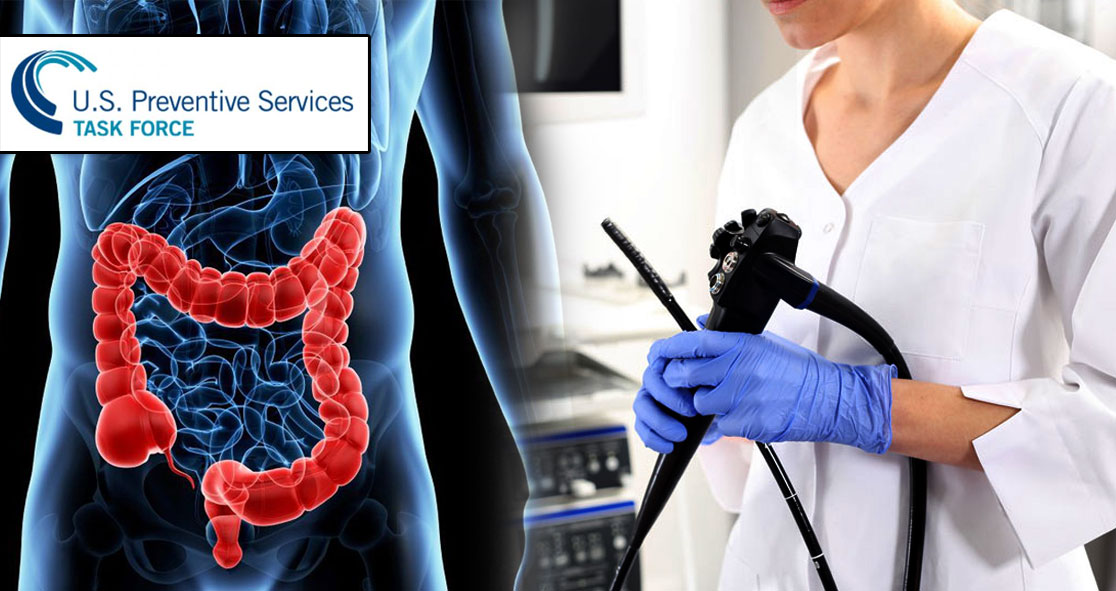In a guideline draft, the United States Preventive Services Task Force (USPSTF) has recommended screening for colorectal cancer should begin at age 45 for all asymptomatic, average-risk adults.
The guideline draft says screening should be continued at recommended intervals until the age of 75. For patients between the ages of 76 and 85, the decision to continue screening for colorectal cancer should be based on an “individualized assessment of the benefits and harms associated with screening,” according to Medpage Today.
In a statement, USPSTF said, “Colorectal cancer screening saves lives. For the first time, the Task Force is now able to recommend that all adults ages 45 to 75 be screened to reduce their risk of dying from this disease.”
The recommendations lower the age for initiating screening from 50 to 45. The draft change has been made in response to recent evidence that the incidence of colorectal cancer is increasing among people who are below 50.
The American Cancer Society (ACS) has also recommended that screening should begin at the age of 45 for average-risk individuals.
The American Gastroenterological Association (AGA) recommends screening age 50 for average-risk adults and 45 for Blacks.
In the United States, colorectal cancer is the third leading cause of cancer death but more than 25% of adults aged 50 to 75 are never screened for the disease.
USPSTF chair Dr. Alex Krist said, “Unfortunately not enough people in the U.S. receive this effective service that has been proven to save lives. We hope that this recommendation to screen people ages 45 to 75 for colorectal cancer will encourage more screening and reduce people’s risk of dying from this disease.”
Member of USPSTF Dr. Michael Barry said, “Screening earlier will help prevent more people from dying from colorectal cancer.”
The new draft guidelines support different types of screening strategies, such as stool-based tests and direct visualization of the colon. However, tests such as serum and urine tests and capsule endoscopy have not been included because of limited evidence.
The USPSTF recommends high-sensitivity stool testing, fecal immunochemical testing, and stool DNA testing.
Another member of USPSTF, Dr. Martha Kubik, said, “We urge primary care clinicians to discuss the pros and cons of the various recommended options with their patients to help decide which test is best for each person.” The article was published on Medpage Today.





















